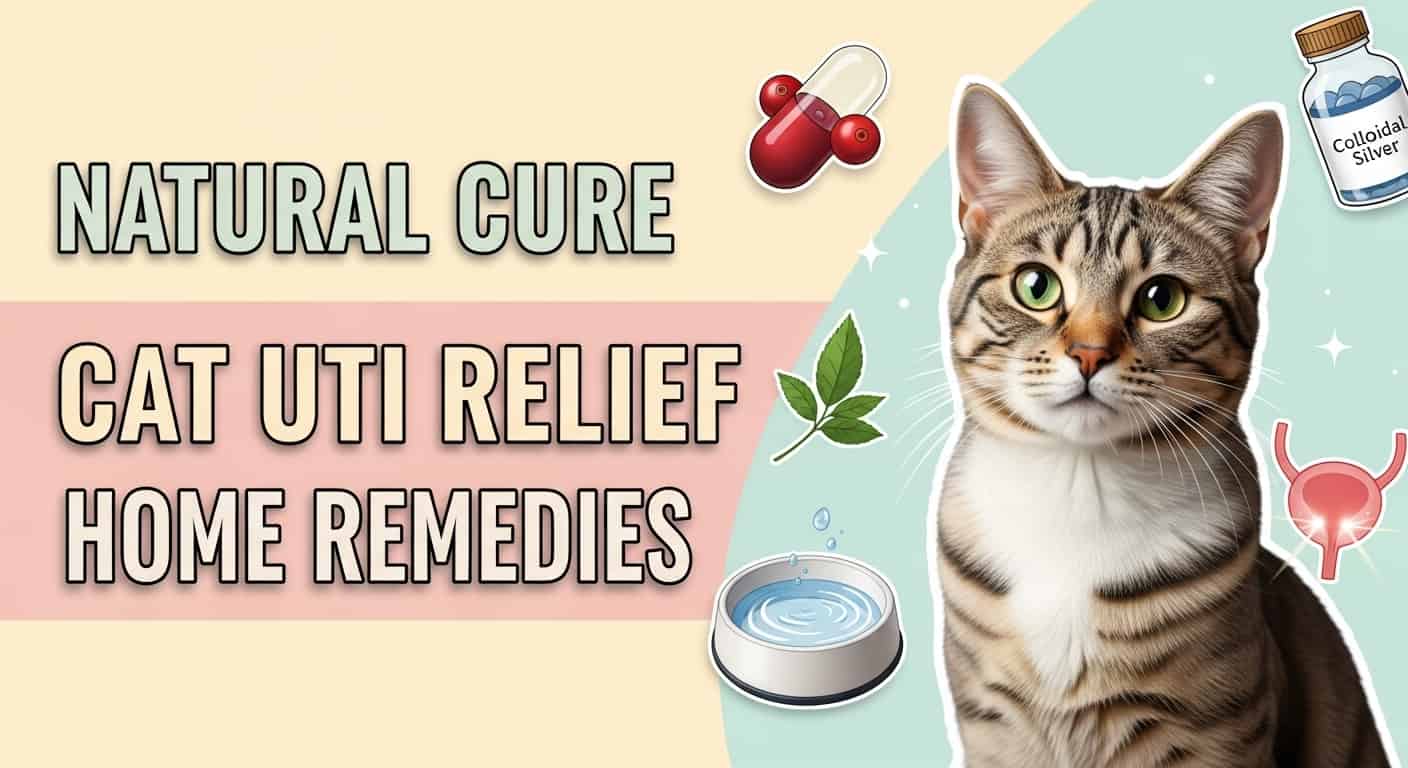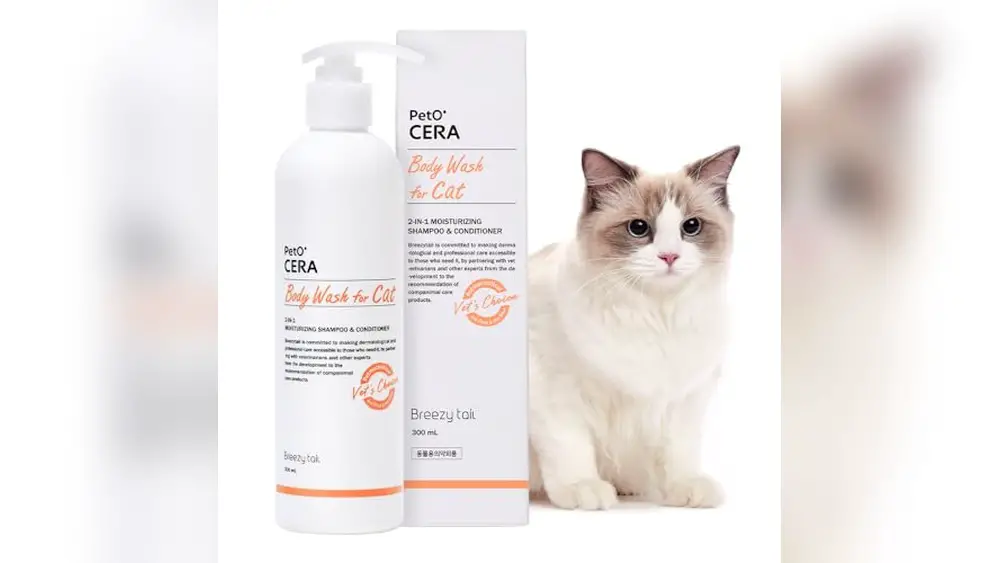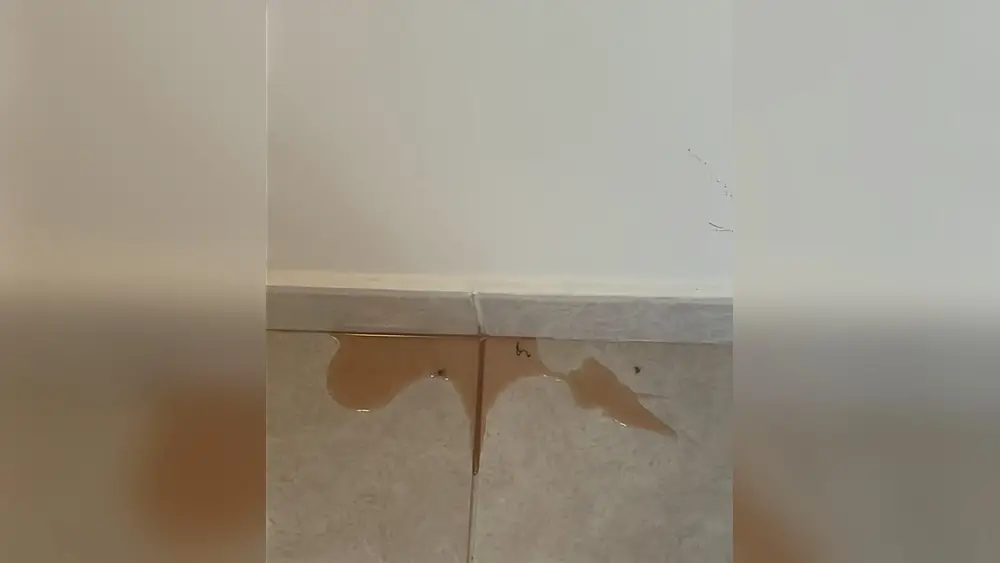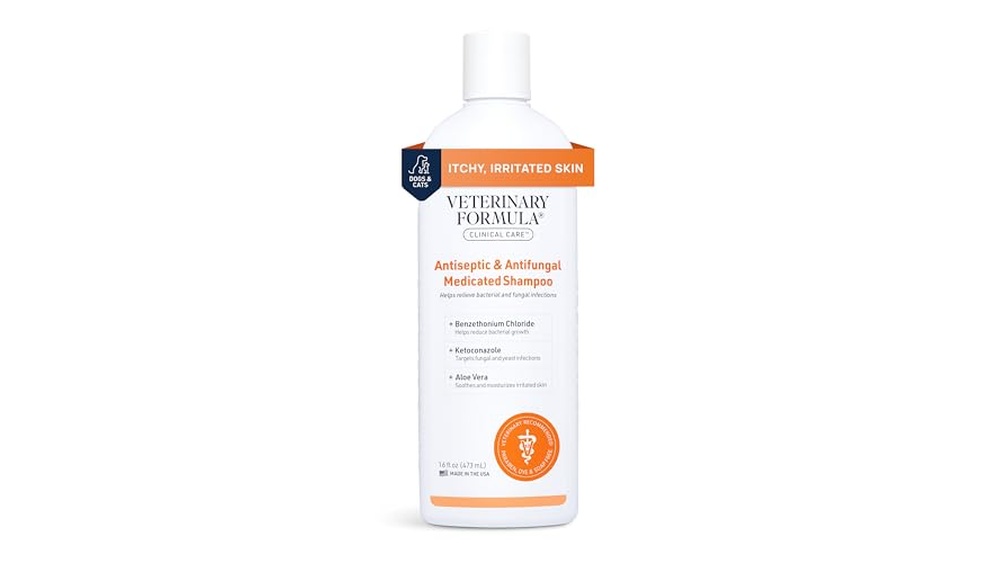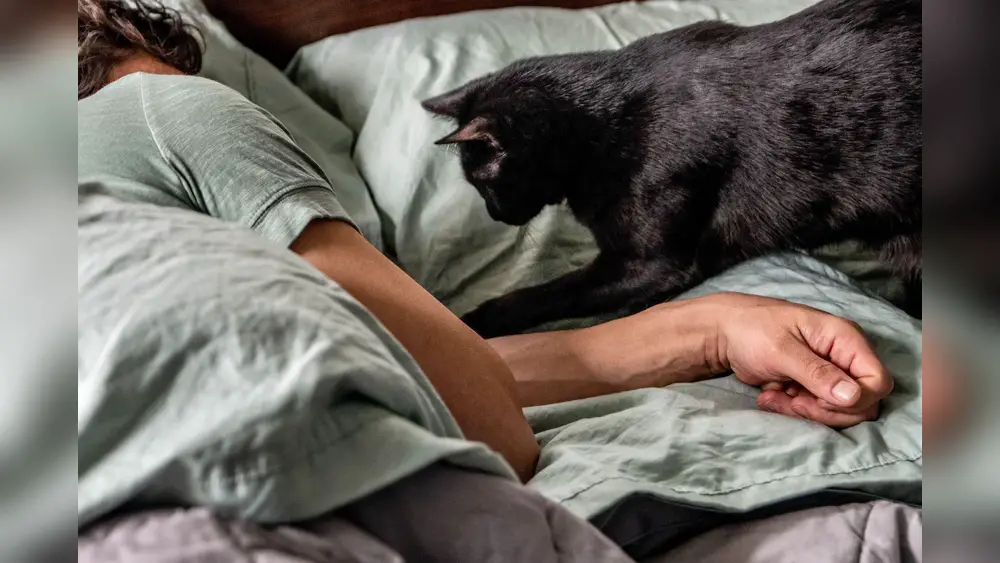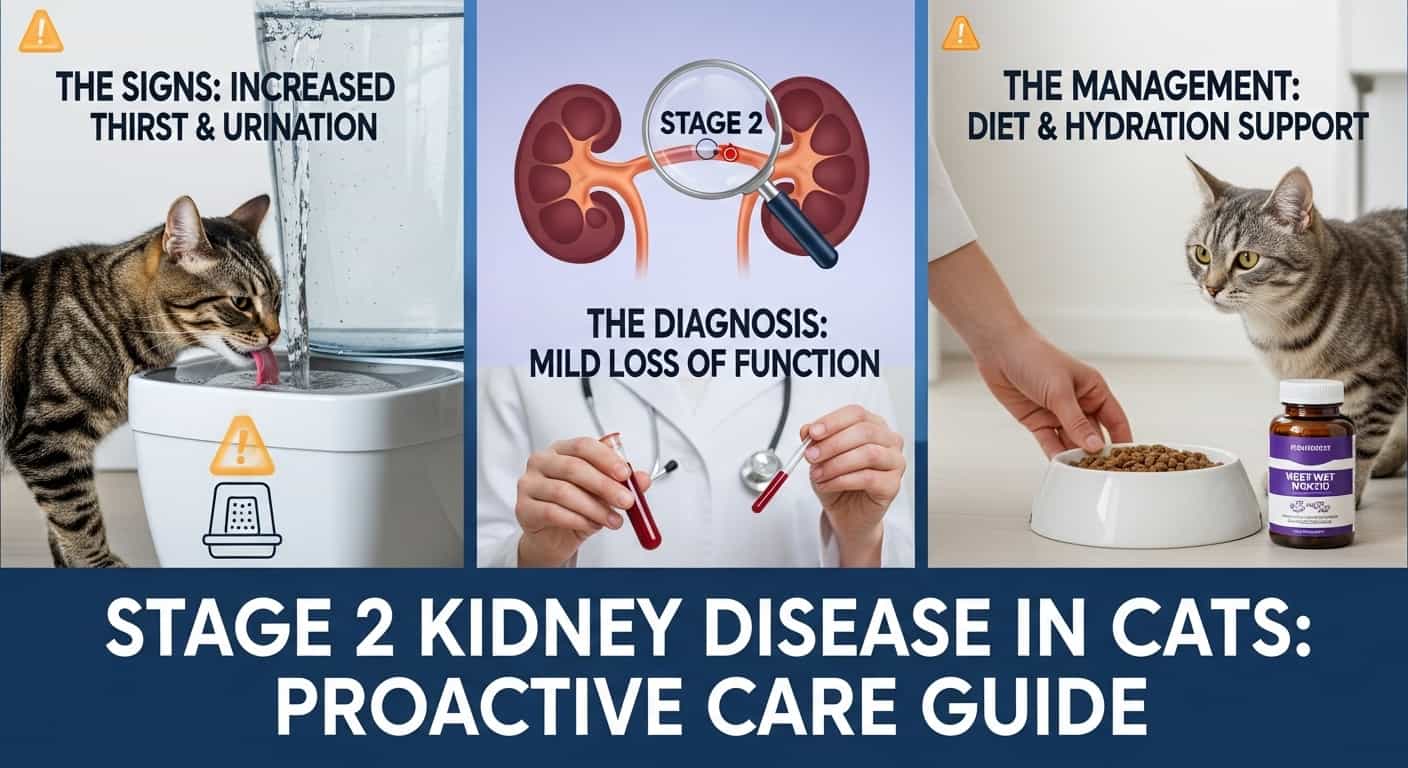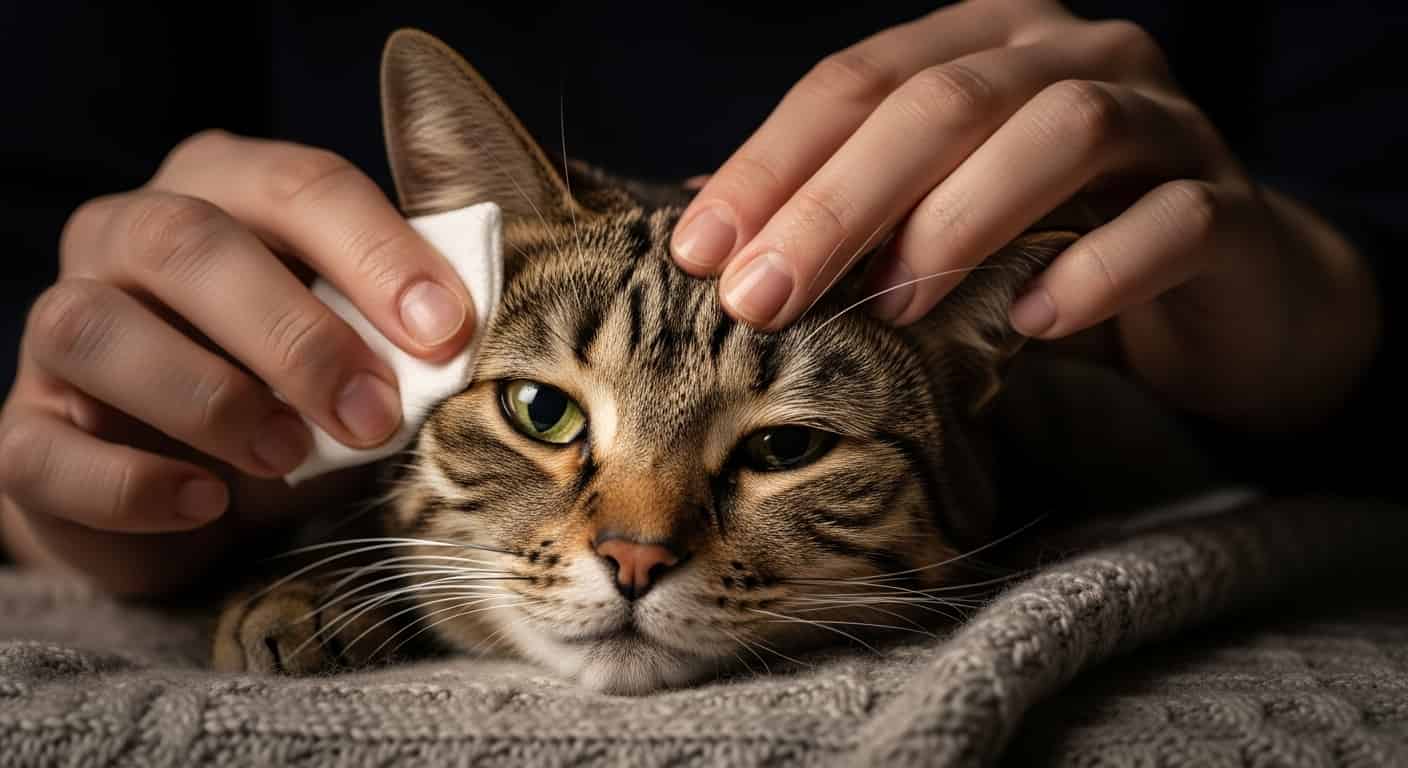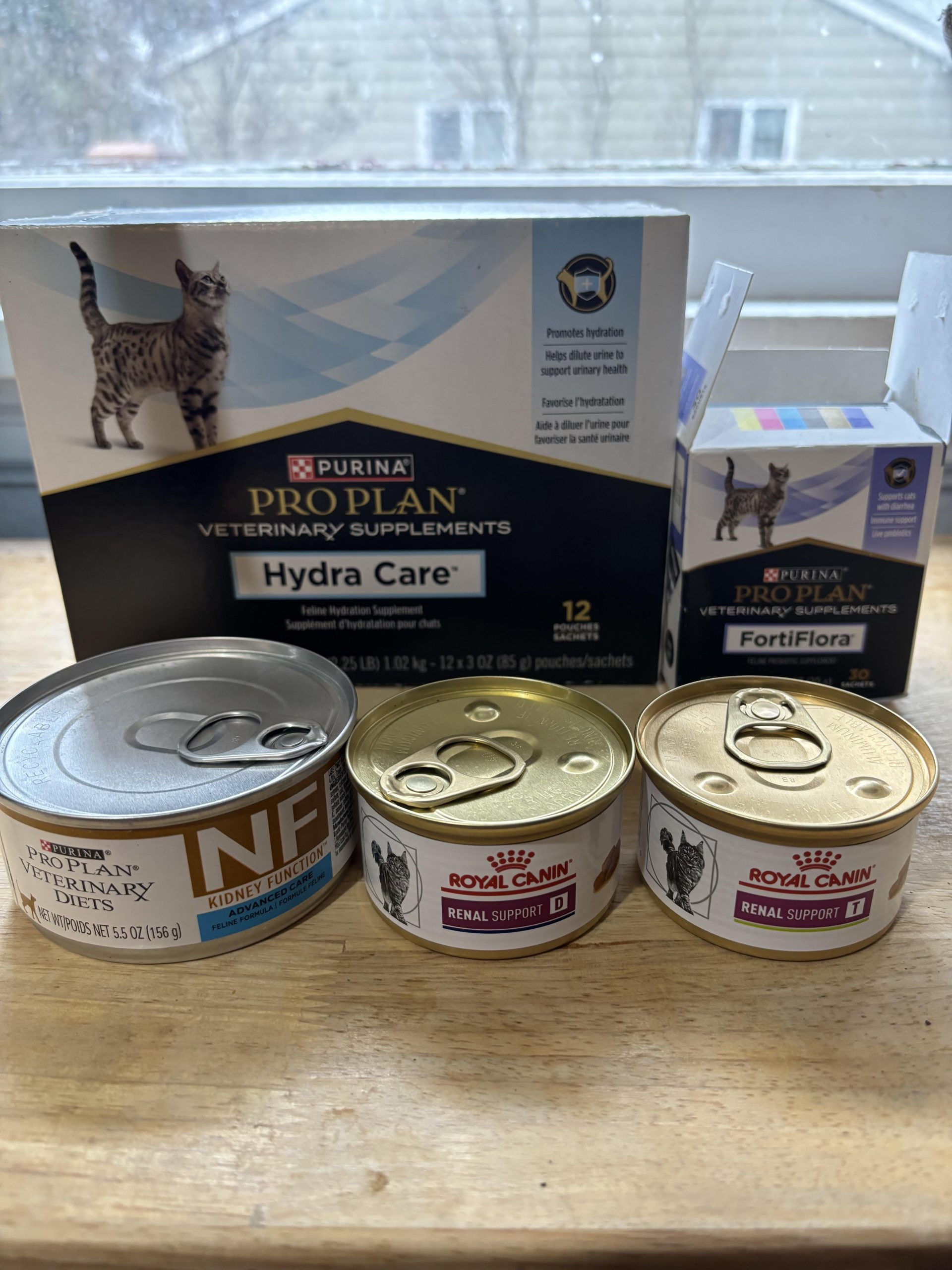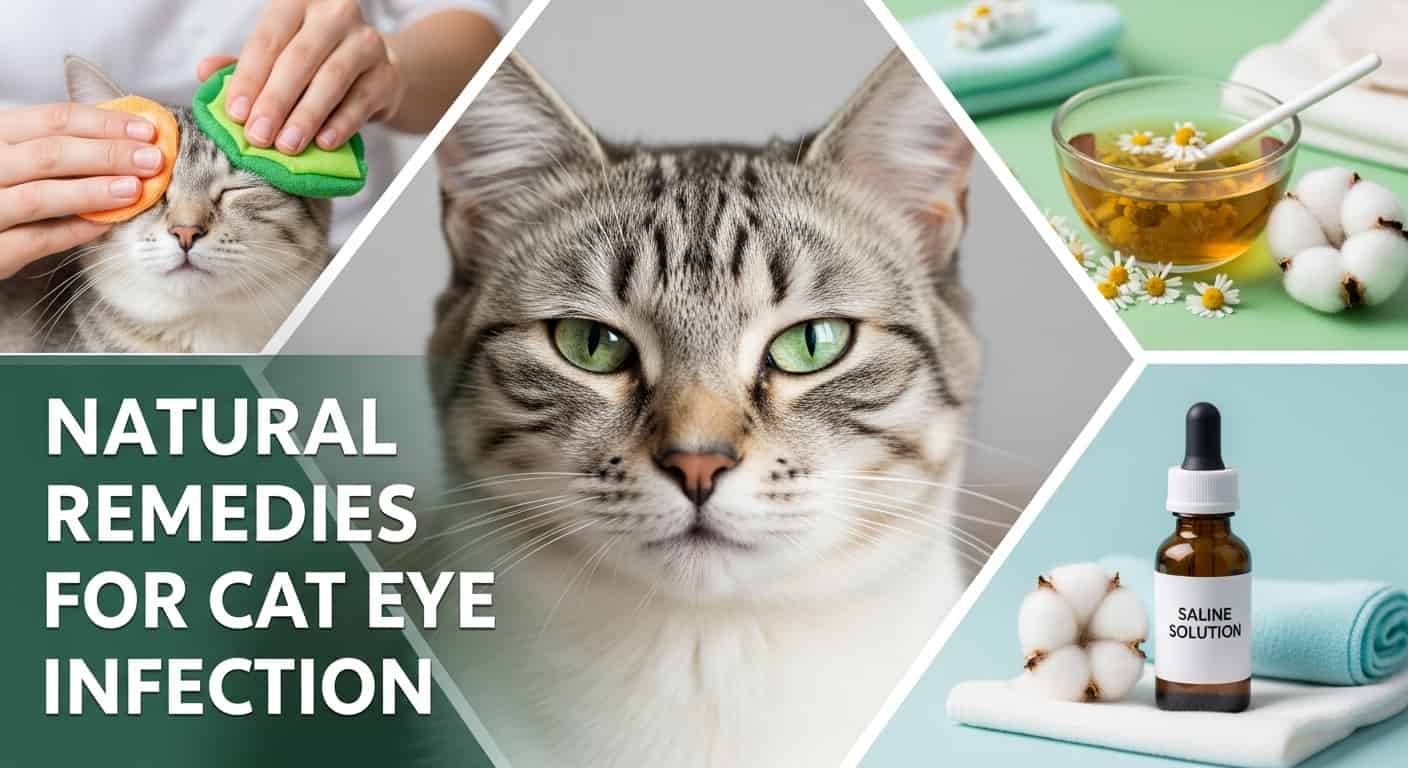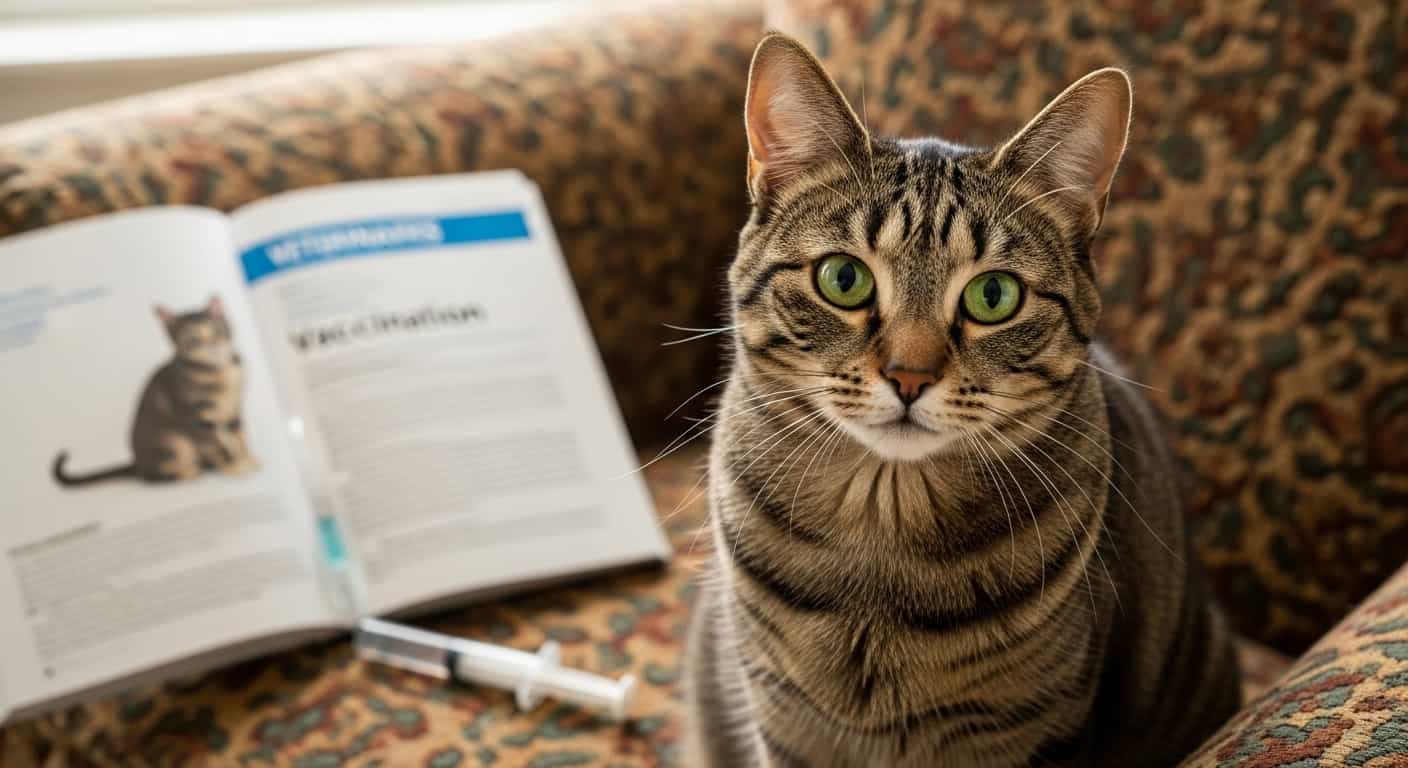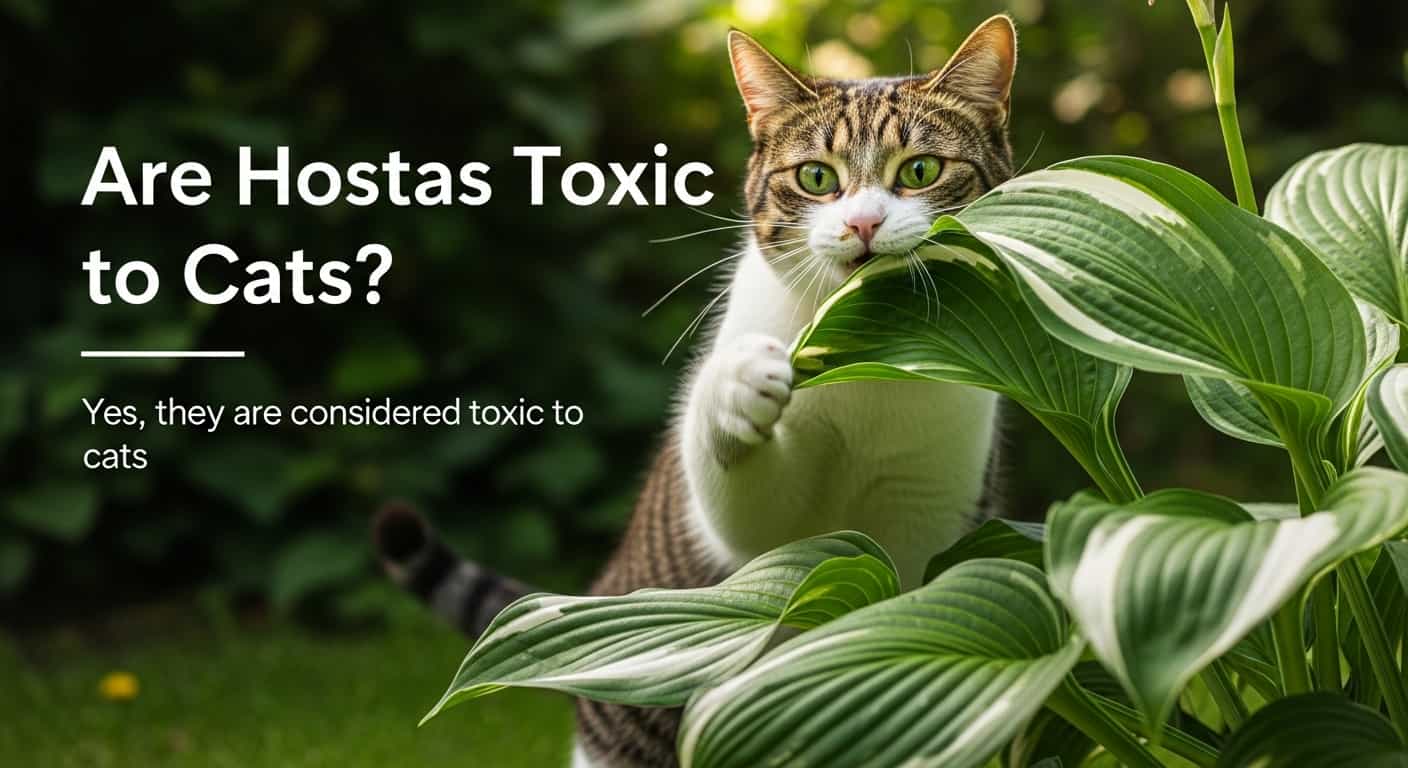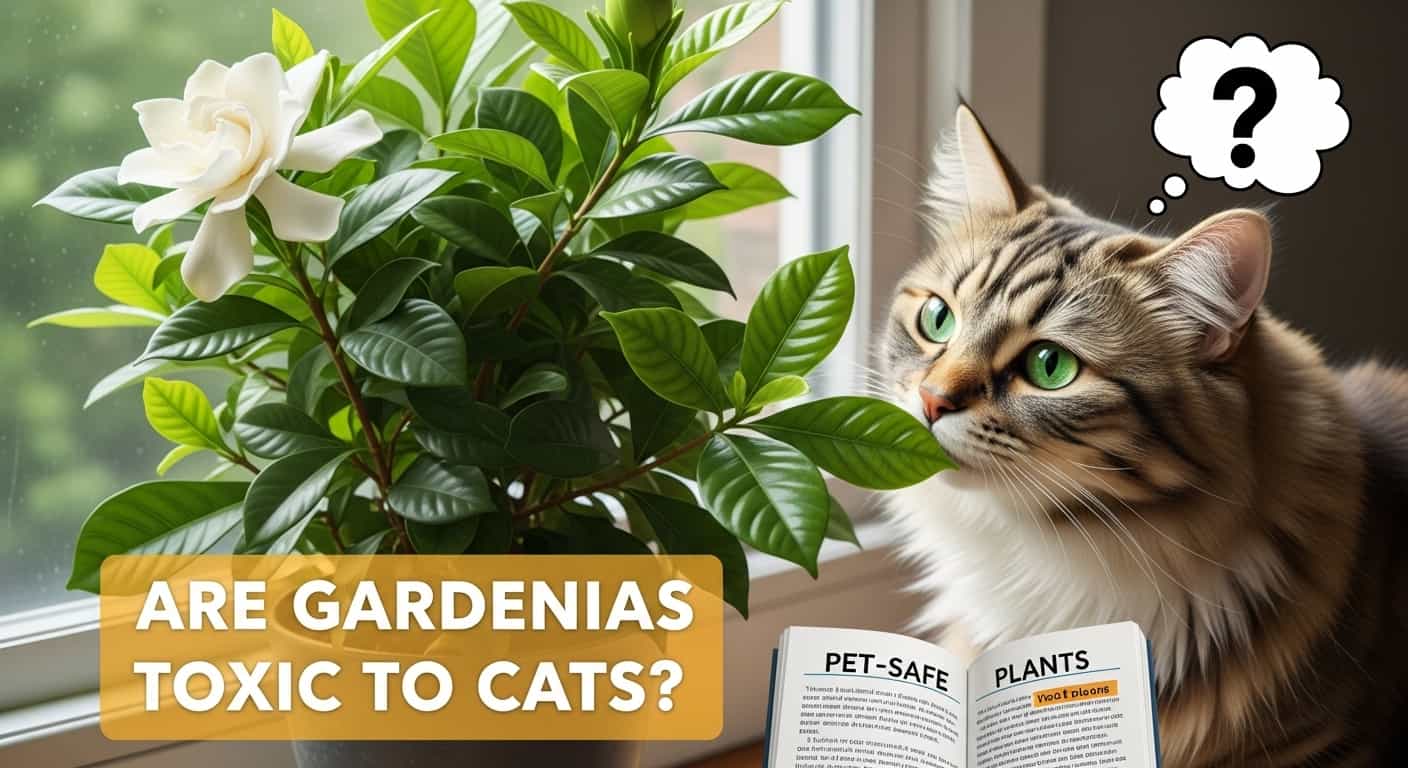If your cat is struggling with a bladder infection, you want to help them feel better quickly—and naturally. You might worry about harsh medicines or costly vet visits.
Table of Contents
ToggleWhat if there was a gentle, effective way to ease your cat’s discomfort right at home? You’ll discover simple, natural remedies that can support your cat’s bladder health and speed up healing. Keep reading to learn how you can take action today and give your furry friend the relief they deserve.

Credit: www.amazon.com
Causes Of Cat Bladder Infection
Understanding what causes bladder infections in cats helps in prevention and treatment. Cats can suffer from bladder infections due to several reasons. Knowing these causes can guide you to natural cures and better care. This section explains the main causes of cat bladder infections.
Bacterial Infections
Bacteria entering the urinary tract cause many bladder infections in cats. These bacteria grow and multiply, leading to inflammation and pain. Cats with weak immune systems are more prone to these infections. Quick treatment is important to stop bacteria from spreading.
Urinary Crystals And Stones
Crystals or stones form in the bladder from minerals in the urine. These can irritate the bladder lining and cause infections. Some cats develop crystals due to diet or genetics. Removing these crystals can help the bladder heal naturally.
Stress And Environmental Factors
Stress can affect a cat’s urinary health. Changes in the home or routine may cause bladder problems. Stress weakens the cat’s immune system, making infections more likely. A calm environment supports bladder health and reduces infection risk.
Other Underlying Health Issues
Health problems like diabetes or kidney disease can cause bladder infections. These illnesses affect urine flow or immune defense. Treating the main health issue often improves bladder health. Regular vet checks help catch these problems early.
Symptoms To Watch For
Recognizing the signs of a bladder infection in cats is crucial. Early detection helps prevent serious health problems. Watch closely for any changes in your cat’s bathroom habits or behavior. These symptoms often signal discomfort or infection in the urinary tract.
Here's a related post that you might find useful. Natural Cat Remedies for Urinary Tract Infection: Effective & Safe Solutions
Frequent Urination
Your cat may need to urinate more often than usual. This can mean the bladder is irritated. Sometimes, your cat might go to the litter box but produce only a small amount of urine. This is a common warning sign of infection.
Blood In Urine
Blood in your cat’s urine is a clear sign of trouble. It may look pink, red, or dark. This happens because the infection causes inflammation and bleeding inside the bladder or urinary tract.
Straining Or Painful Urination
Notice if your cat struggles or cries while urinating. This pain is a strong indicator of a bladder infection. Your cat might spend a long time in the litter box but produce little or no urine.
Licking The Genital Area
Excessive licking of the genital area shows discomfort. Your cat tries to soothe irritation or pain. This behavior often increases during a bladder infection.
Behavioral Changes
A sick cat may act differently. Your cat might become restless or hide more than usual. Loss of appetite, lethargy, or irritability can also indicate infection.
Herbal Remedies For Bladder Health
Herbal remedies can support your cat’s bladder health naturally. These plants help reduce infection and soothe irritation. They offer gentle care without harsh chemicals. Using herbs may improve your cat’s comfort and speed healing.
Cranberry Extract Benefits
Cranberry extract helps stop bacteria from sticking to the bladder walls. This action reduces infections and inflammation. It also supports urinary tract health. Cranberries contain antioxidants that boost the immune system.
D-mannose Role In Infection Prevention
D-Mannose is a natural sugar found in some plants. It blocks harmful bacteria from attaching to the bladder. This stops infections before they start. D-Mannose is safe and easy to give to cats.
Marshmallow Root And Soothing Effects
Marshmallow root has a calming effect on irritated tissues. It helps reduce pain and swelling in the bladder area. The root forms a protective layer on the bladder lining. This soothes your cat’s discomfort during infection.
Parsley For Detoxification
Parsley acts as a natural diuretic. It helps flush out toxins and bacteria from the bladder. Parsley supports kidney function and overall urinary health. This herb can aid in faster recovery from infections.
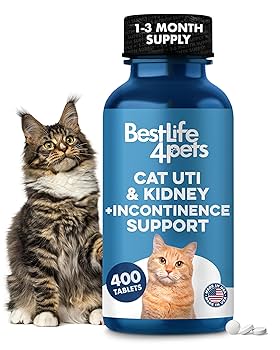
Credit: www.amazon.com
Here's a related post that you might find useful. Natural Remedy for Constipation in Cats: Effective & Safe Solutions
Dietary Adjustments To Support Healing
Diet plays a big role in helping a cat heal from a bladder infection. The right foods and fluids can reduce pain and speed recovery. Small changes in diet can make a big difference. This section explains key dietary adjustments to support your cat’s healing process.
Hydration Importance
Water helps flush out bacteria from the bladder. Cats often do not drink enough water on their own. Encourage your cat to drink more by offering fresh water daily. Clean bowls and multiple water sources help. Proper hydration keeps the urinary tract healthy and lowers infection risks.
Wet Food Advantages
Wet food has high moisture content. It adds extra fluids to your cat’s diet. This helps keep the bladder flushed. Wet food is also easier to digest than dry kibble. It can reduce irritation in the urinary tract. Feeding wet food supports healing and comfort during infection.
Avoiding Irritants
Certain foods can irritate a cat’s bladder. Avoid spicy, salty, or highly processed foods. These can worsen inflammation and pain. Stick to simple, natural foods that are gentle on the bladder. This reduces stress on the urinary system and aids recovery.
Incorporating Natural Supplements
Natural supplements can support bladder health. Cranberry extract helps prevent bacteria from sticking to the bladder wall. Omega-3 fatty acids reduce inflammation. Always consult a vet before adding supplements. Proper use of natural aids can improve healing and comfort.
Home Care Tips For Comfort
Providing comfort to your cat during a bladder infection is key. Home care can ease pain and support healing. Small changes in your cat’s routine help a lot. Focus on cleanliness, calm, and healthy habits. These steps reduce discomfort and help your cat recover faster.
Maintaining Clean Litter Boxes
Keep the litter box clean at all times. Dirty boxes discourage cats from using them. Scoop waste daily and change litter often. Use unscented, soft litter to avoid irritation. Provide multiple boxes if you have several cats. Clean areas prevent bacteria growth and reduce infection risk.
Stress Reduction Techniques
Stress worsens bladder infections in cats. Create a quiet, safe space for your cat. Use gentle voices and calm movements. Offer cozy beds or hiding spots for comfort. Play soft music or use pheromone diffusers. Reduce loud noises and sudden changes in environment.
Encouraging Regular Urination
Encourage your cat to urinate frequently. Provide fresh water all day. Place water bowls in quiet, easy-to-reach spots. Try a cat water fountain for more interest. Feed wet food to increase moisture intake. Regular urination helps flush out bacteria and toxins.
Monitoring Symptoms Closely
Watch your cat’s behavior and symptoms carefully. Note any changes in urination habits or pain signs. Check for blood in urine or frequent attempts to urinate. Track appetite, energy levels, and mood shifts. Early detection of worsening symptoms allows quicker care. Contact your vet if symptoms persist or worsen.
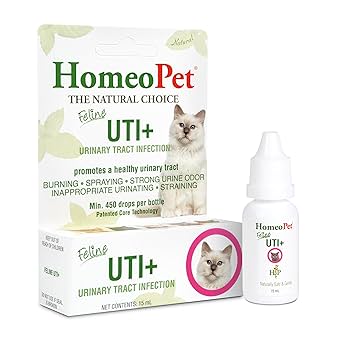
Credit: www.amazon.com
When To Seek Veterinary Help
Knowing when to seek veterinary help is crucial for your cat’s health. Bladder infections can start mild but grow serious quickly. Acting early can prevent pain and serious issues. Watch your cat closely for signs that need a vet’s attention.
Persistent Or Severe Symptoms
Symptoms lasting more than two days need a vet visit. Strong signs include blood in urine, pain while peeing, or constant licking. If your cat cries out or strains to urinate, don’t wait. These symptoms show the infection might be worse.
Risk Of Complications
Untreated bladder infections can lead to kidney problems. Cats might stop eating or become very tired. Sometimes infections spread, causing fever or vomiting. These are signs of serious complications. Quick vet care can stop the problem from growing.
Diagnostic Tests And Treatments
Veterinarians use urine tests to find the infection type. They may do blood tests or X-rays for a full check. Treatment can include antibiotics or special diets. The vet guides you on the best care plan. Proper treatment helps your cat heal faster.
Frequently Asked Questions
What Are Natural Remedies For Cat Bladder Infection?
Natural remedies include increasing water intake, feeding wet food, and using cranberry supplements. These help flush bacteria and soothe inflammation. Always consult a vet before starting any treatment to ensure safety and effectiveness.
How Can Diet Help Treat Cat Bladder Infection?
A balanced diet with wet food increases hydration and dilutes urine. This reduces bacterial growth and irritation. Avoid dry food and stress triggers to support bladder health naturally.
Are Herbal Treatments Safe For Cat Bladder Infections?
Some herbs like marshmallow root and slippery elm may soothe the bladder. However, consult your vet before use, as some herbs can interact with medications or harm your cat.
How Long Does A Natural Cure Take For Bladder Infection?
Natural cures typically take 7 to 14 days to show improvement. Monitor your cat closely and visit a vet if symptoms persist or worsen.
Conclusion
Natural remedies can help ease your cat’s bladder infection safely. Simple steps like fresh water and proper diet support healing. Herbs and supplements may reduce discomfort and fight infection. Watch your cat’s behavior closely for changes or signs of pain.
Always consult a vet if symptoms worsen or last long. Taking care early can prevent bigger problems later. Your cat’s health matters, and gentle care makes a difference. Keep learning and stay patient through the healing process.

